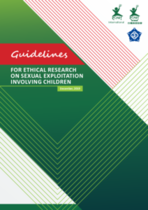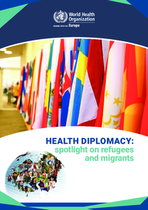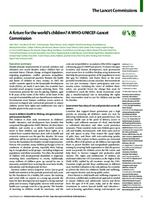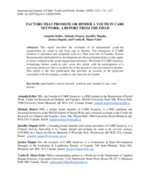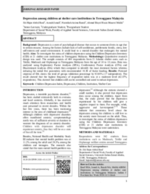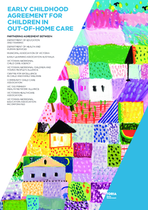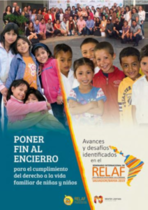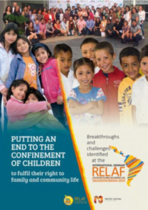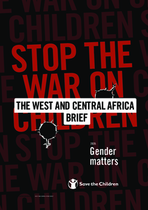Homelessness among Indigenous peoples in Canada: The impacts of child welfare involvement and educational achievement
The premise of this paper is that Indigenous peoples are multiplicatively oppressed and that these intersecting sites of oppression increase the risk of Indigenous peoples in Canada becoming homelessness. Hypotheses were tested using the 2014 panel of Canada’s General Social Survey, including 1081 Indigenous peoples and 23,052 non-Indigenous white participants.

